Prince Harry Spare review: Duke of Sussex’s memoir has been unfairly ridiculed
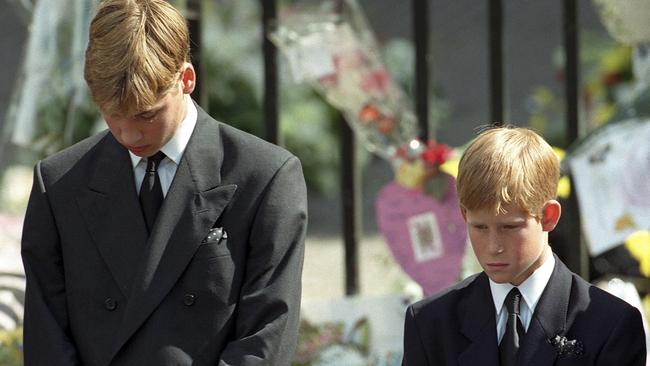
Judge Judy, television’s avatar of suburban self-righteousness, damned Harry as “selfish, spoiled, ungrateful”, and another critic wondered if the memoir was part of a bigger plan – to drive away “inquiring minds by boring them to bits”.
An inarguable fact: the book, for which Harry is said to have received $US20m – part of a $US40m or so deal, and published in the wake of his “explosive” six-part Netflix documentary series Harry & Meghan – was intended as a missile.
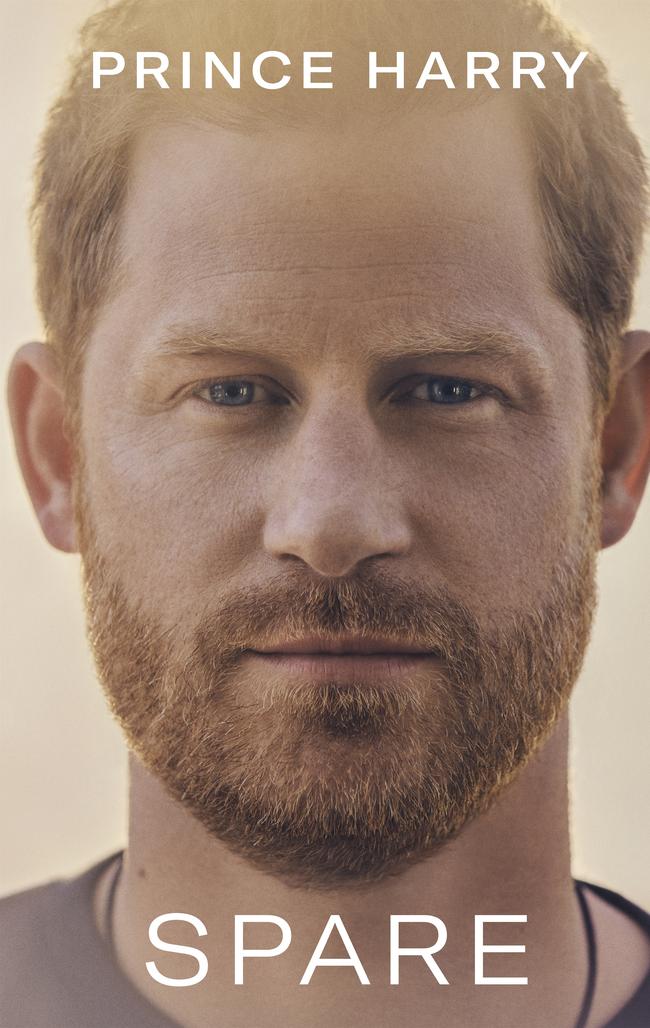
It has since been rumoured that King Charles, on the eve of his coronation, has written Harry out of the ceremony, leaving only Prince William to kneel before him in homage.
Seemingly, the constancy that marked Elizabeth II’s reign has come to an abrupt end, replaced by the internecine battles that defined the courts of so many British kings.
Reflecting this, the memoir’s title has two meanings: the obvious (“heir and a spare”) and the colloquial (to “go spare” is to rage and lose one’s mind).
Make no mistake, Spare is a declaration of war on the ancient understanding of monarchy, one built on suffering and iniquity. Harry has emerged as the darkest of horses in his late grandmother’s stable, but out of respect, he waited until her death to strike out.
Harry’s anger – the “red mist” that blighted his life after his mother’s death – can serve as a counterpoint to his intense sensitivity. In a beautiful, elegiac tract about Balmoral Castle, he writes of the main chamber, built in the 19th century atop the remains of another castle dating back to the 14th century “within a few generations of another Prince Harry, who got himself exiled, then came back and annihilated everything and everyone in sight. My distant kin.”
His anger is not frivolous. Like William, Harry had a childhood that was contextualised by fear. With the overwhelming privilege of royalty, necessary – and incessant – paranoia, agoraphobia, terrors. Armed bodyguards have been a constant in his life.
He has never been without an electronic tracker and panic alarm: the understanding that the act of existence, in itself, places him and those he loves in danger, something few in their analyses of this family, have considered.
Sustained threat on this level can only ever desensitise or destabilise.
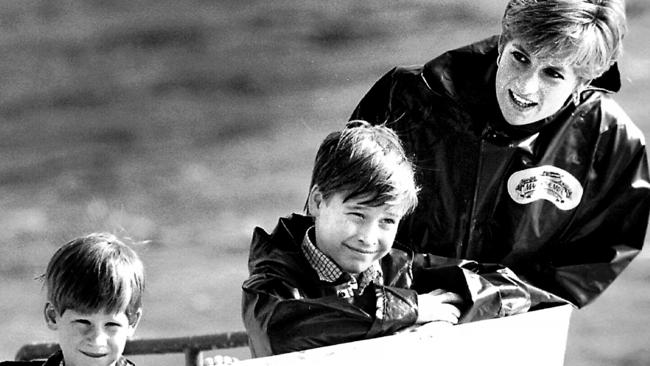
Diana, Princess of Wales, understanding this, joined her young sons on their first military exercise in a Herefordshire “killing house”. The three were taken to a room and instructed not to move, whereupon the lights were switched off.
Having kicked down the door, a squad threw flash bangs, terrifying the boys. They then raced across Poole Harbour on speedboats, clambered up the cable ladders of a frigate whilst shooting 9mm MP5s (loaded with paintball rounds) and, in pitch black, scrambled down a flight of metal stairs into the hold. “Gushing blood” under his wetsuit after falling in the darkness – his left knee was impaled on a fixed bolt – Harry nonetheless finished the drill, jumping from the boat’s helipad and into the water. This exercise was an attempt to teach the young princes how to respond “if ever” their lives were endangered.
“If ever?” Harry writes. “That made us laugh. Have you seen our mail?”
Imagine, too, the impact of the threat level on Diana, who must have been perpetually fearful for the mental and physical wellbeing of her children.
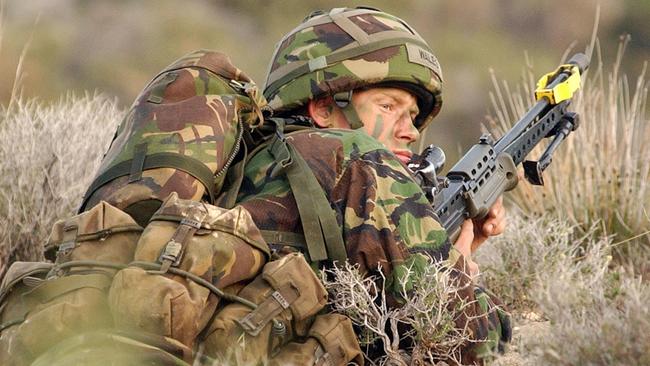
Royal families have always been stalked by death. Aristocrat Tiggy Legge-Bourke, nanny to the brothers after their parents’ divorce, dipped her “long, slender fingers” into the corpse of the first animal Harry shot – well done, darling! – and “tenderly” smeared the rabbit’s blood across his brow, nose and cheeks. “Now,” she said, in her throaty voice, “you are blooded.”
At the age of 15 and accompanied by an elderly guide, Harry, a talented sniper, shot his first stag – cleanly, straight through the heart. The guide took out his knife, bled the beast from the throat and motioned for Harry to kneel. Harry dropped, thinking they were about to pray. Instead, the guide – so close Harry could smell his armpits – shoved the prince’s head into the steaming carcass (“my nose and mouth were full of blood, guts, and a deep, upsetting warmth”). The old guide’s strength, he remembers, was “insane”.
Movingly, terribly, Harry remembers that even the finest moments he shared with William, “my best memories, somehow involved death. Our lives were built on death, our brightest days shadowed by it … I saw how we steeped ourselves in it. We christened and crowned, graduated and married, passed out and passed over our beloveds’ bones. Windsor Castle itself was a tomb, the walls filled with ancestors. The Tower of London was held together by the blood of animals, used by the original builders a thousand years ago to temper the mortar.”
The gravitas of Harry’s observations, surprising if only because of his public trivialisation as the distinctly “unbrilliant” “Prince Thicko”, reveal him as an astute observer of human nature silenced, up until now, by tradition and trauma.
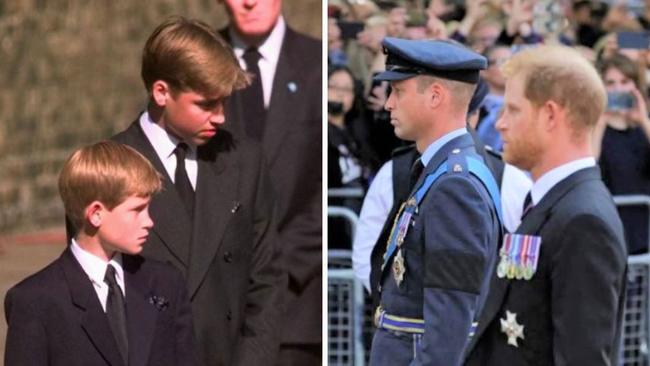
In part, this trauma was created by the media, explaining why Harry is now asserting authority over his life in the public domain.
Hounded by photographers from birth, Harry developed a loathing of the press that reached its apotheosis with his mother’s death in a Paris tunnel, where her speeding car hit a wall after paparazzi chased her on motorcycles. On his instruction, he was supplied by the police with photographs of the wreckage, the other victims, and of his mother in the process of dying. Up until then, both he and William had taken refuge in a fantasy – typical of those who suffer complex bereavement – that she had, in fact, simply gone underground to avoid the relentless media harassment. “Of course!” he thought, “It’s all a ruse, so she can make a clean start! At this very moment she’s undoubtedly renting an apartment in Paris, or arranging fresh flowers in her secretly purchased log cabin somewhere way up high in the Swiss Alps. Soon, soon, she’ll send for me and Willy.”
With the more “challenging” evidence censored, Harry finally reached “the photos of Mummy. There were lights all around her, auras, almost halos. How strange. The colour of the lights was the same colour as her hair – golden. I didn’t know what the lights were, I couldn’t imagine, though I came up with all sorts of supernatural explanations.”
They were camera flashes.
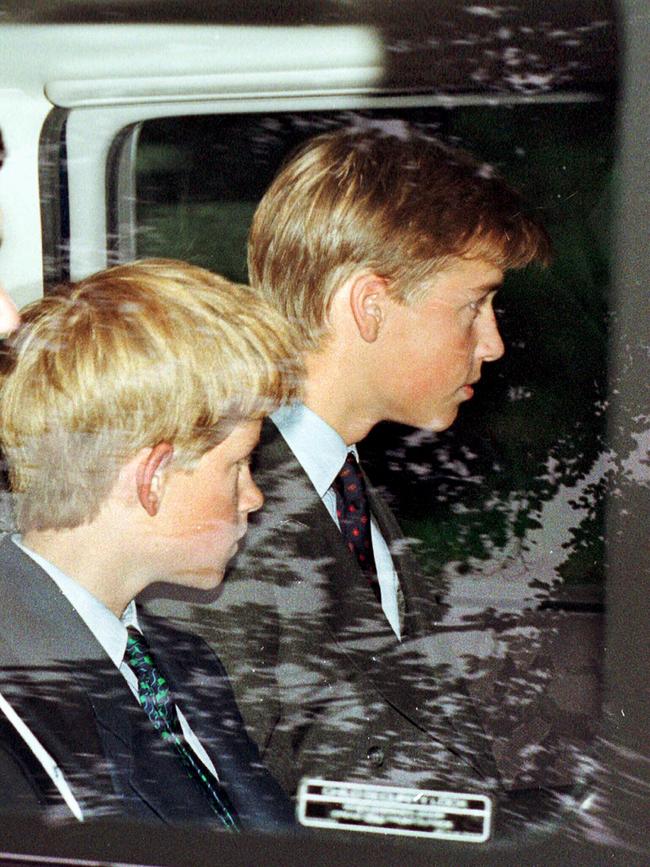
Within some were “ghostly visages, and half visages, paps [paparazzi] and reflected paps on all the smooth metal surfaces and glass windscreens.” Not one photographer had stopped shooting to help his mother as she lay dying. The money at stake was simply too significant.
This is where Harry delivers what is perhaps Spare’s most disturbing line: “I hadn’t been aware, before this moment, that the last thing Mummy saw on this earth was a flashbulb.”
Harry found himself unable to speak when, on an anti-poaching patrol in Namibia, he found the corpse of a “huge white rhino”, a “gaping hole where her horn had been hacked”, and beside her, the body of her six-month-old calf. Poachers, he remembers, “had chased them to this spot. The mother was still able to shield or defend her baby, so [they] hacked at her spine with axes, immobilising her. While she was still alive, bleeding out, they’d taken her horn.”
Which had been killed first, the baby or the mother? The ranger replied it was “hard to say”.
The parallels are not complex. Spare makes it clear that in part, Harry feels he died with Diana.
Numbed, he sought further dehumanisation through the military.
After three sleepless days on a frigid, desolate moor in 2012, Harry and two other soldiers were ushered into a truck at midnight, congratulated for completing every exercise, and told they were heading back to the base.
Men in balaclavas suddenly appeared. There were gunshots, explosions, screaming.
Harry’s first thought was of the IRA ambushing Lord Mountbatten (“some vestigial memory of terrorism, deep in my DNA”).
Blinded by blacked-out ski goggles, the soldiers had their hands zip-tied and were dragged into what sounded to Harry like a damp, wet underground bunker. One minute the men were shoved onto their knees and ordered to keep their hands above their heads; the next, they were offered water. They were then moved around, confused, in temperatures so biting that they became numb.
Suddenly, their blindfolds were removed, they were stripped, their penises were ridiculed, and they were taken into separate rooms, where, kneeling, they were interrogated.
Atonal music was piped in. A man in a balaclava grabbed Harry, shoved him against a wall and pressed his forearm into his neck, spitting each word into his face.
He was ordered to stand three feet away from the wall with his arms over his head and his fingertips against the wall. Harry was finding it difficult to breathe. A woman wearing a shemagh (Middle Eastern scarf) entered.
“Your mother was pregnant when she died, eh? With your sibling? A Muslim baby!”
One of the men spat in Harry’s face. Gunshots rang out and Harry heard the sound of a helicopter. “Okay, that’s it,” a man called out. “End of exercise.”
Two of the soldiers involved had breakdowns.
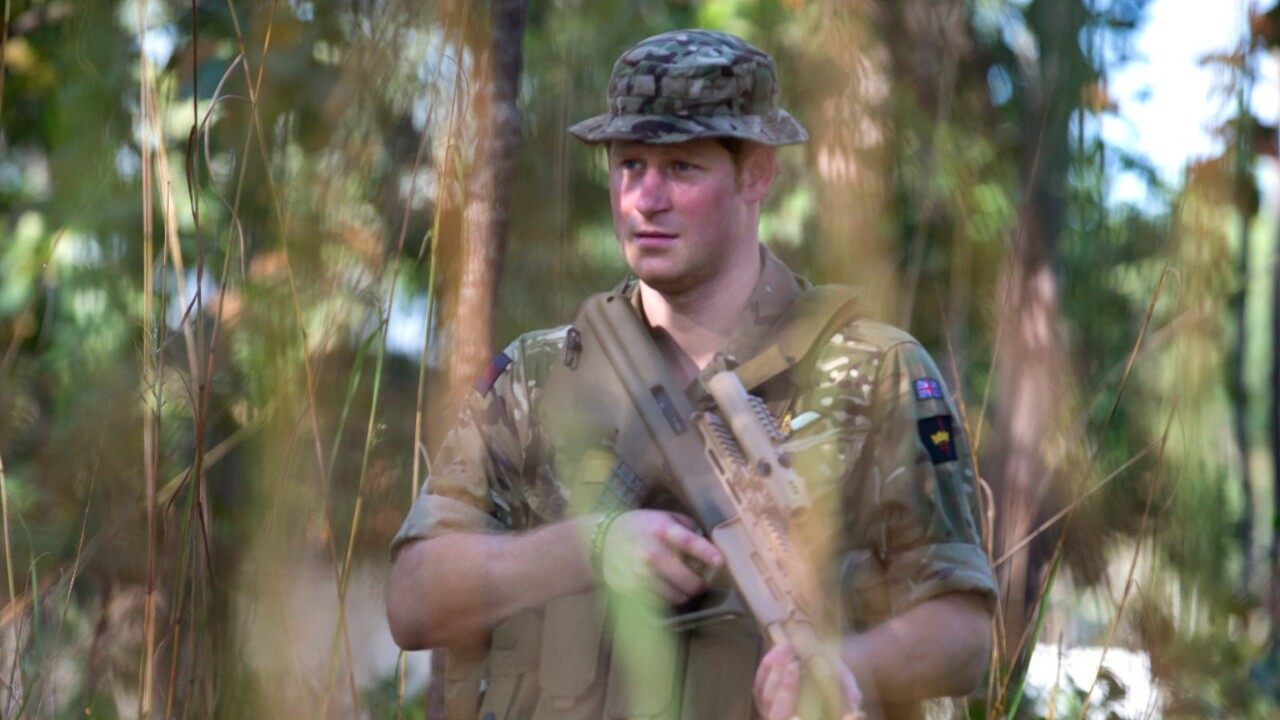
According to media coverage, Harry “boasts” of killing 25 Taliban targets in the book, addressing them as “chess pieces removed from the board”. An Afghan who lost nine relatives to British air strikes called for the international community to prosecute Harry on that basis. A Tory MP suggested the admission would create security headaches for the Invictus Games. Former British military officers worried that the revelation could inspire retaliatory strikes in the UK.
Anas Haqqani, a senior Taliban government official and member of a UK- and US-identified terrorist network, somewhat richly responded, “The ones you killed were not chess pieces, they were humans,” (unlike, say, women in Taliban-oppressed countries).
Even Admiral Lord West, former Royal Navy head, described the revelation as “very stupid”.
Again, these were responses to the usual decontextualised quotes; the passage in question is typically grave, heartfelt and meditative. “On some level,” Harry writes, “I recognised this learned detachment as problematic. But I also saw it as an unavoidable part of soldiering.”
The psychology of soldiering has always been problematic. Mental health issues in the military cost the UK Ministry of Defence £220m in 2018 alone.
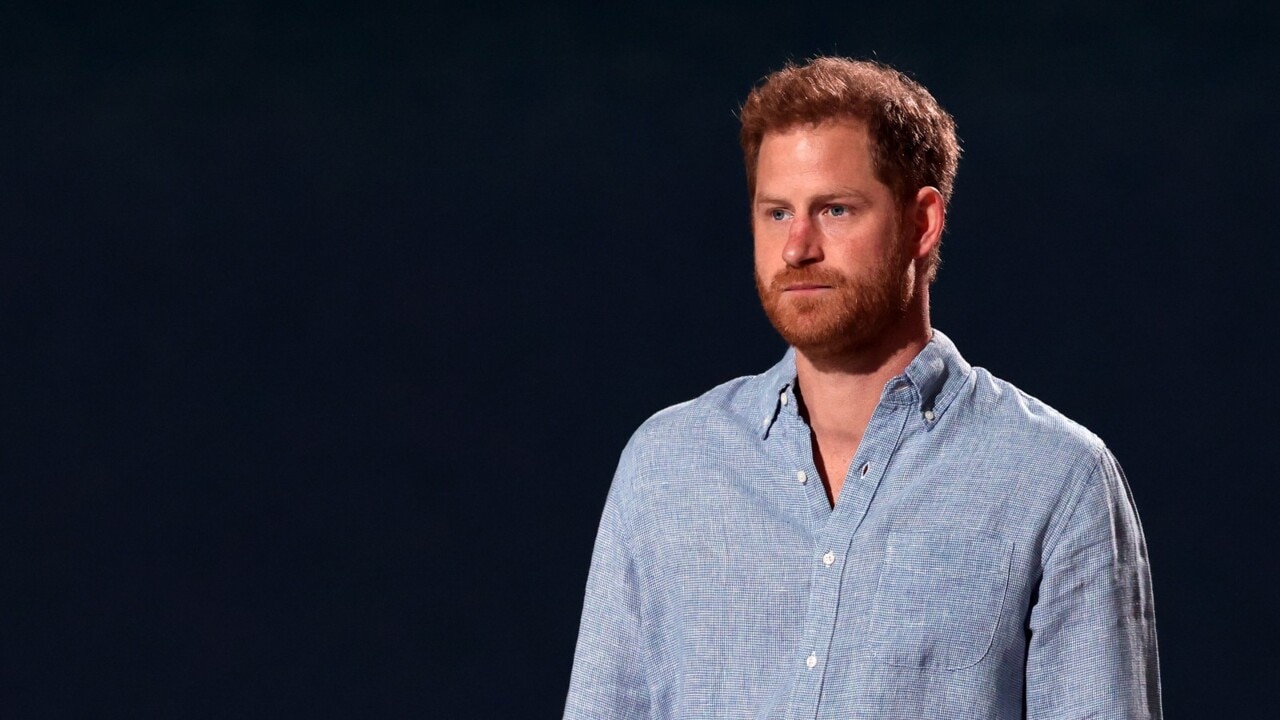
In an effort to avoid PTSD and its by-products, psychosis and suicide, soldiers are encouraged to address targets as “chess pieces”; other approaches risk impairing the mental health of combatants, clouding military judgment with emotion. An Australian army sniper I know described the Taliban adherents he killed as being like “characters in video games” – not because he was a sociopath, but because he had been trained to address them as such: video games and virtual reality are now regularly incorporated into military training.
Even today, none of the “questions and qualms” Harry has about the war concern morality; the only shots he thinks twice about “were the ones I hadn’t taken’’.
In the context of Spare, however, it is the dehumanisation of royalty that needs to be considered. Increasingly, Harry felt distorted by an anxiety and seemingly sourceless despair he attempted to quell with alcohol, cannabis and other drugs.
Relationships, for the most part, only added to the problem.
Surrounded by women with “Throne Syndrome” (who “visibly” fitted themselves with crowns the moment they shook his hand), Harry retreated into a parody of himself.
On experiencing the reality of being linked to royalty, other, more empathetic women pulled away from him. Within hours of being photographed with Harry, a British television presenter was incredulous to learn that a “mob” of journalists and photographers had assembled outside her parents’, grandmother’s and friends’ houses. After she was described in one newspaper as Harry’s “bit of rough”, they both understood that the relationship was doomed.
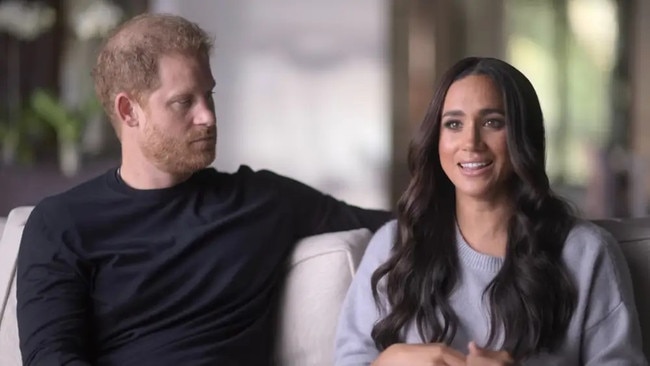
While American actress Meghan Markle – luminous, bi-racial – resolutely held her ground in their relationship and, later, their marriage, she was still blindsided by the obsessive hatred. Texts from strangers who knew her address, promising to put a bullet in her head. Bribes offered to friends, to family, for unflattering information. A tweet from a BBC radio personality – later sacked – likening her cherished first newborn to a chimpanzee.
In 2020 and crushed by press litigation-induced anxiety, Meghan miscarried her second child.
As recently as December 2022, British television celebrity Jeremy Clarkson wrote in a newspaper column, “I hate [Meghan]. Not like I hate [First Minister of Scotland] Nicola Sturgeon or [incestuous serial killer] Rose West. I hate her on a cellular level. At night, I’m unable to sleep as I lie there, grinding my teeth and dreaming of the day when she is made to parade naked through the streets of every town in Britain while the crowds chant, ‘Shame!’ and throw lumps of excrement at her.”
Michelle Donelan, British Secretary of State for Digital, Culture, Media and Sport, defended Clarkson, claiming he had the right “to be able to say what he wants”.
In such a climate, it is unsurprising that Harry, terrified, began to wonder if Meghan would meet the same end as his mother.
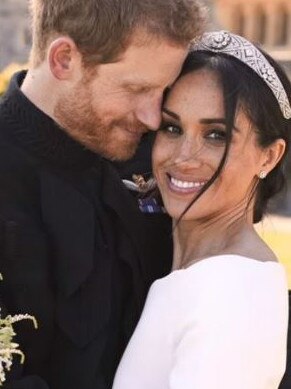
Moving to America was a no-brainer. The misogyny underscoring criticism of his support for Meghan was obvious, but Harry was undeterred. Like his mother, he chose love over duty. “Why should beauty feel like a punch in the throat?” he asks. “Does it have something to do with our innate human longing for order? Isn’t that what scientists say? And artists? That beauty is symmetry and therefore represents a relief from the chaos?”
Inspired by this unerring devotion, Harry has taken on a dangerous and formidable monarchy, the most powerful king on the planet, and the future king and queen of the same globe-spanning empire in his quest for truth and justice.
Spare, a chillingly detailed catalogue of systemic dysfunction, grief and generational trauma, has been ridiculed as a “400-page therapy session”, as if it concerned the placement of flatware at a state dinner. The idea, of course, being this: that Harry should have done the right thing and simply faded, amusing and forever squiffy, into the cream, gold-flocked wallpaper and crimson carpets of a country estate with his noisome American divorcee and a few horses rather than challenge cruelty, dehumanisation, and duplicity in the guise of tradition.
By focusing on click-bait – decontextualised quotes, family squabbles, jokes about penises (at Eton, they called circumcised boys Roundheads and the uncircumcised, Cavaliers) – critics have failed to address Harry’s ultimate goal, which is the rectification of a toxic culture, one that continues to take place in “a surreal fishbowl, in which normal events were treated as abnormal, and the abnormal was routinely normalised”.
In this respect he is his environmental crusader father’s son, although the landscape he wishes to correct and enrich is cultural. Hard work, courage and public honesty are his solutions. “Helping others, doing some good in the world, looking outward rather than in.” That is, Harry says, the only path.
Ironically, King Charles should be proud.
He sired a warrior.
Antonella Gambotto-Burke’s new book, Apple: Sex, Drugs, Motherhood and the Recovery of the Feminine, is available online

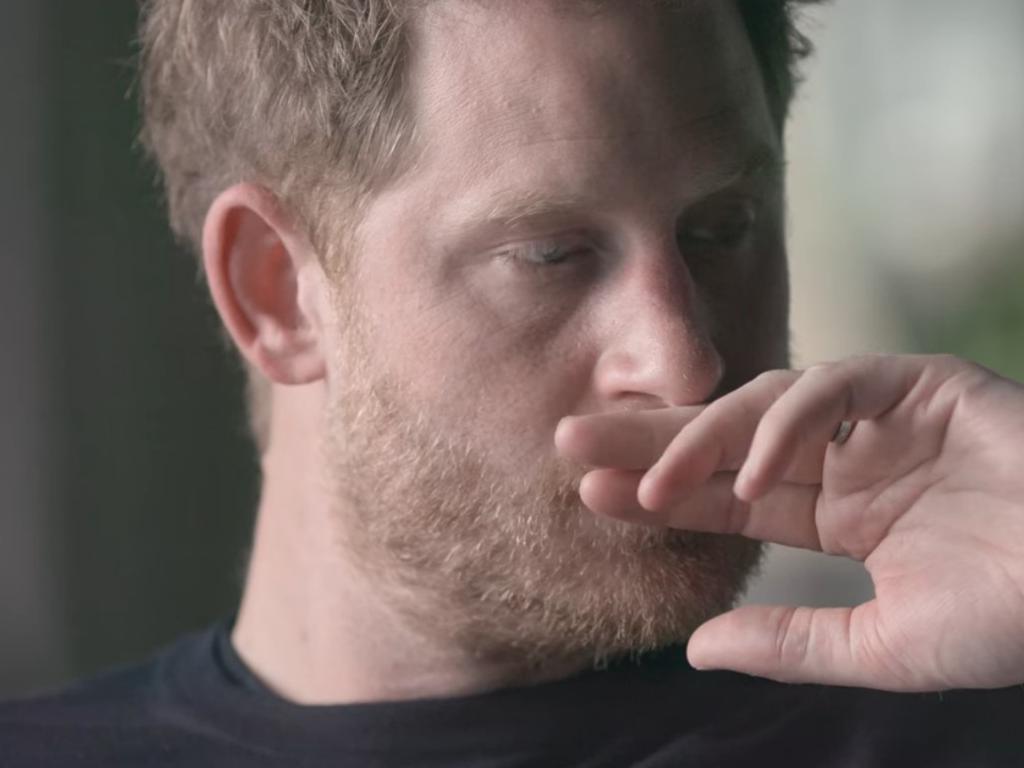

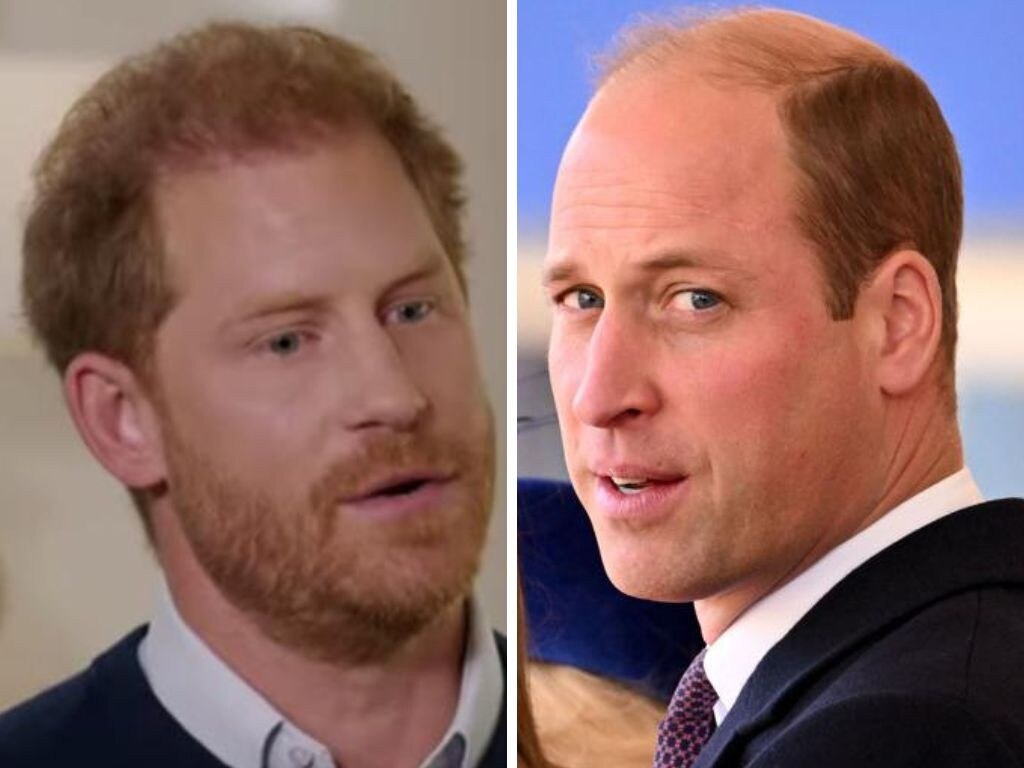

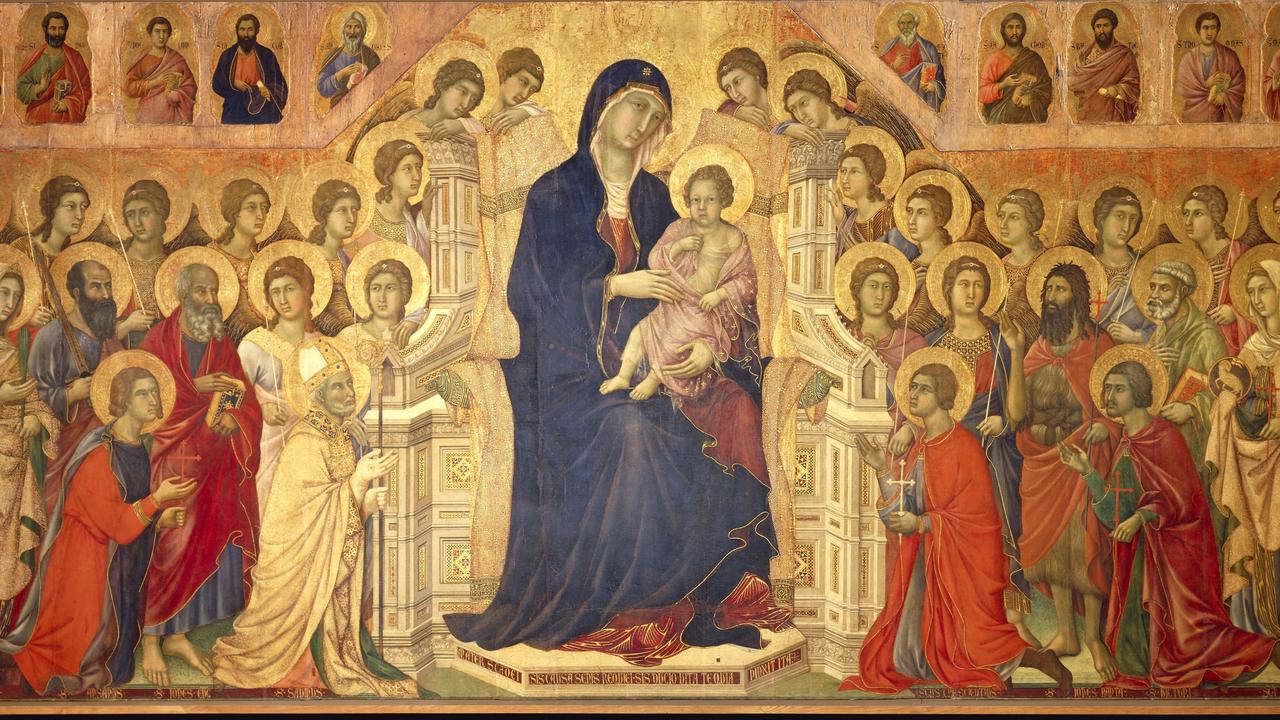
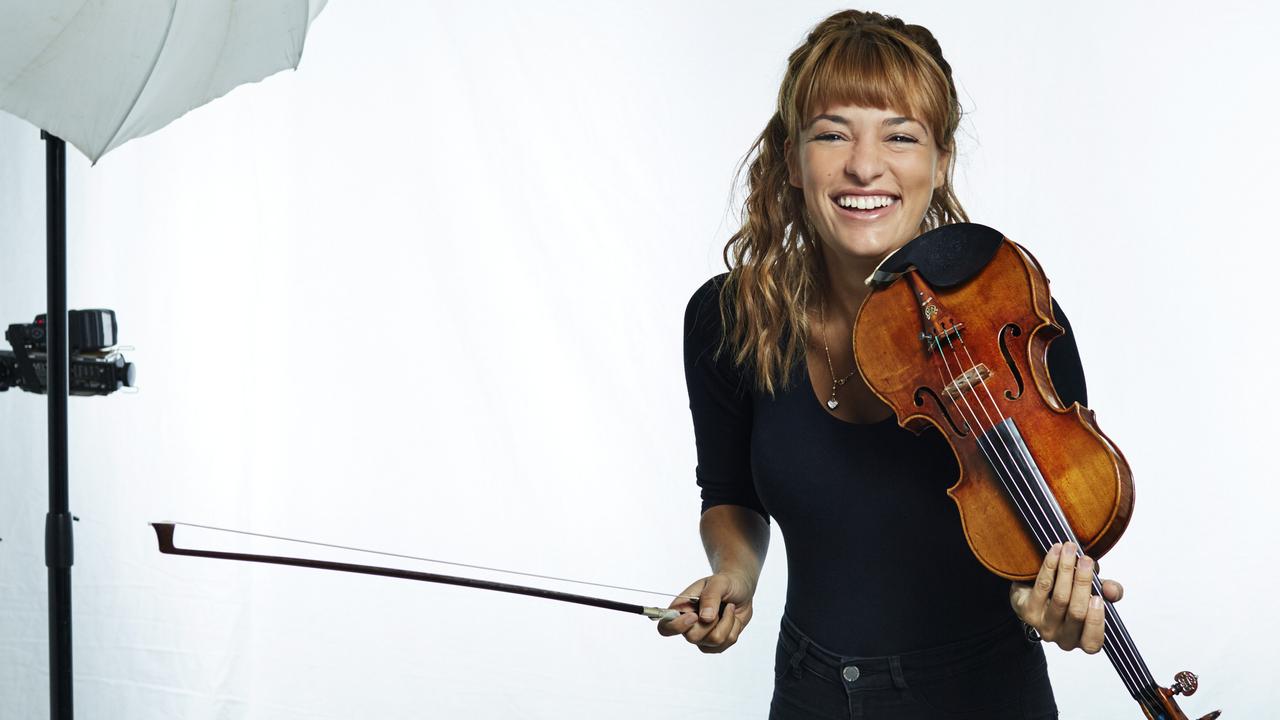
Perhaps the most interesting aspect of the misrepresentation of Spare, the global number one bestseller by Prince Harry, the Duke of Sussex, is its savagery. The scorn of the British press – that he is “embittered”, “petty”, “vain, status-obsessed” – has been flamboyant, and the American media concurs.